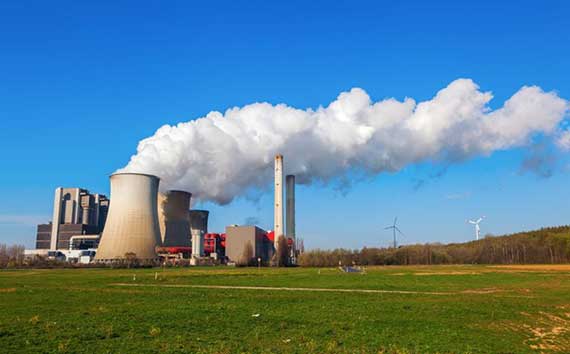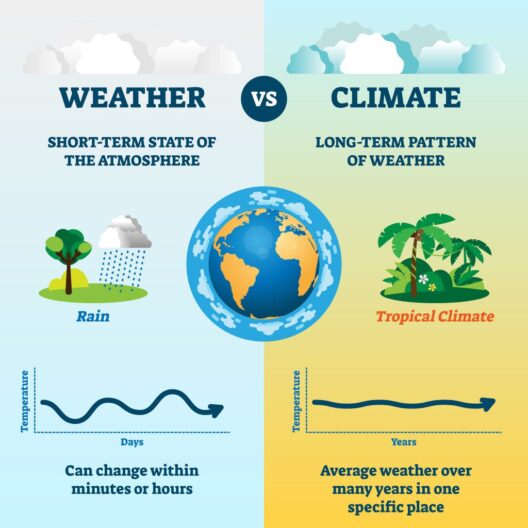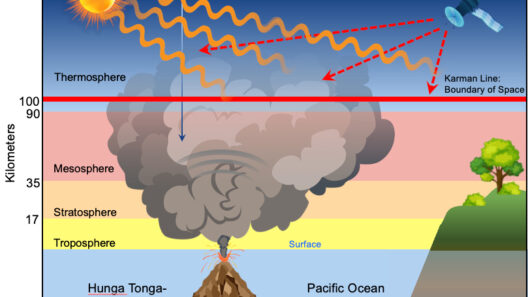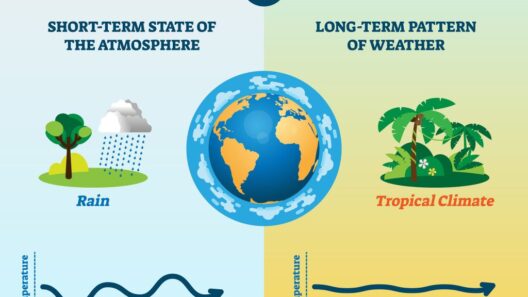In the annals of human industry, the term “fossil fuels” evokes both progress and peril. From the smoke-belching chimneys of the Industrial Revolution to the sleek gas guzzlers zooming down modern highways, fossil fuels have served as the lifeblood of growth, powering economies and facilitating daily life. However, as the tides of scientific understanding evolve, a sobering reality emerges: the emissions resulting from burning fossil fuels are the primary engine behind climate change, ushering in an era of unprecedented global warmth.
The combustion of fossil fuels—coal, oil, and natural gas—releases carbon dioxide (CO2) and methane (CH4) into the atmosphere, two of the most potent greenhouse gases. These emissions create a greenhouse effect, trapping heat and leading to a rise in global temperatures. Since the dawn of the Industrial Revolution, the concentration of CO2 in the atmosphere has surged by over 40%, a stark indicator of the anthropogenic influence on the planet’s climate systems. It is imperative to grasp the gravity of this change, as its implications reverberate across diverse ecosystems and illuminate the interconnectedness of life and climate.
Skeptics may still question the correlation between fossil fuel consumption and climate change. Nevertheless, extensive scientific research substantiates a causal relationship. Consider the melting polar ice caps—once majestic and impervious, now fragile and receding at alarming rates. This phenomenon not only contributes to rising sea levels but also disrupts habitats, endangering species ranging from polar bears to seals. The diminishing ice alters oceanic currents, adversely affecting weather patterns globally, leading to extreme weather events like hurricanes, droughts, and floods.
Moreover, the environmental ramifications extend beyond the confines of physical landscapes. The burning of fossil fuels emits sulfur dioxide (SO2) and nitrogen oxides (NOx), which can lead to acid rain. This acidification process devastates aquatic ecosystems, disrupting food chains and decreasing biodiversity in lakes and rivers. As one delves deeper into the ramifications of fossil fuel consumption, a stark reality crystallizes: it is not merely the climate that suffers, but the intricate tapestry of life that depends on a stable environment.
Yet, it is not solely nature that bears the brunt of fossil fuel emissions. The social implications are severe, too. Populations residing in urban areas, where fossil fuel combustion is rampant, often experience higher levels of air pollution, leading to health crises. The World Health Organization estimates that air pollution is responsible for approximately 7 million premature deaths annually, with fossil fuel combustion being a significant contributor. The burden of this pollution disproportionately affects marginalized communities, compelling us to reconsider the ethical dimensions of our energy choices.
Transitioning to renewable energy sources such as solar, wind, and hydroelectric power emerges as an unequivocal solution to mitigate the detrimental effects of fossil fuel consumption. Renewables not only offer a cleaner alternative but also usher in the promise of energy independence. As technological innovation accelerates, the costs associated with renewable energy continue to plummet, making this transition economically viable. The International Renewable Energy Agency reported that the cost of solar photovoltaics has dropped by 89% since 2009, showcasing the potential for impactful change.
Furthermore, shifting our energy paradigm can stimulate job creation within burgeoning industries. Transitioning to renewable energy sources not only addresses environmental concerns but fosters economic resilience. Green jobs, encompassing everything from solar panel installation to energy efficiency retrofitting, support local economies while simultaneously combating climate change. As policymakers grapple with strategies for climate mitigation, fostering a workforce adept in sustainable practices is paramount.
This impending shift in the energy landscape promises a reimagining of our relationship with the planet. Acknowledging the negative impacts of burning fossil fuels compels us to explore alternative avenues for growth and innovation. Society stands at a critical juncture, where the collective choice made today will resonate for generations. This pivotal moment beckons an awakening—a realization that the pursuit of convenience must not overshadow the necessity of stewardship.
A comprehensive education regarding climate change and fossil fuel consumption is essential for fostering informed decision-making among individuals and communities. Awareness initiatives, coupled with actionable strategies for reducing emissions—such as carpooling, embracing public transportation, and investing in energy-efficient appliances—can empower individuals to contribute to a larger movement favoring sustainability. Conscious consumerism emerges as a powerful tool, as the choices made in purchasing goods often carry implications that extend far beyond the checkout line.
Furthermore, advocacy for policies aimed at reducing fossil fuel dependency is essential. Governments must prioritize initiatives that support the transition to clean energy, enforce stricter emissions standards, and incentivize research and development of sustainable technologies. Such measures are crucial in recalibrating the trajectory of climate change, espousing a collective commitment to innovative solutions for a complex problem.
In conclusion, the ramifications of burning fossil fuels extend well beyond immediate energy needs, reaching into the realms of environmental integrity and social equity. As society stands poised for transformative change, an urgent call to action resounds: the path toward sustainability is laden with opportunities for innovation, collaboration, and regeneration. The question we face is not whether we can change, but whether we will act decisively to forge a sustainable future. Understanding the fundamental role of fossil fuels in climate change empowers individuals and policymakers alike to pursue a bold vision for a cleaner, more equitable world. It is our responsibility to dismantle the machinery that perpetuates environmental degradation and to embrace the manifold benefits that arise from a commitment to renewable energy. This journey, albeit daunting, promises a brighter future if we choose to pave the way forward.







